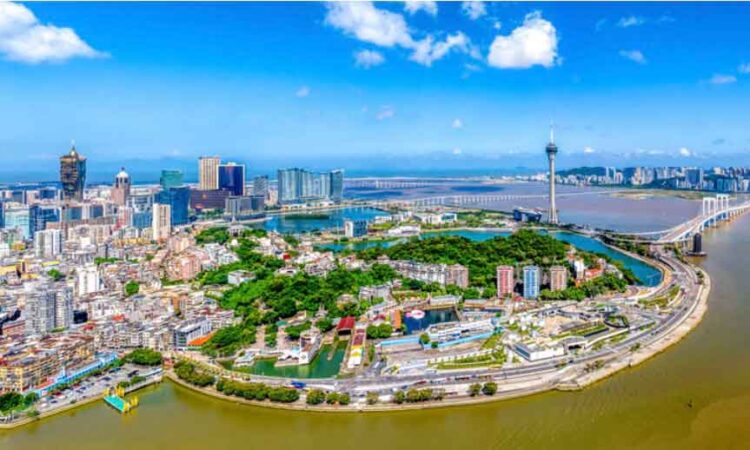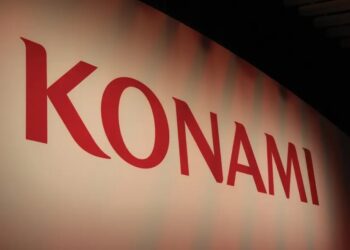The June 2025 quarter looks certain to buck historical trends by booking a year-on-year gain – the first sign of genuine market growth in the Macau market since gaming revenues stabilized post-COVID, according to investment bank JP Morgan.
In a note following release of Macau’s May GGR results on Sunday, which hit a post-COVID high of MOP$21.19 billion (US$2.62 billion) on the back of a stunningly strong May Day Golden Week holiday, JP Morgan analysts DS Kim and Selina Li said GGR for the first two months of Q2 combined is up 3% year-on-year, even against the reasonably high bar set during the same period last year, but also up 2% quarter-on-quarter. This contrasts with a historical sequential decline of between 2% and 3%, reflecting the fact that April and May both beat consensus.
“Even with some moderation in June, 2Q25 appears to be the first “non-miss” quarter in quite some time, likely growing by 2% to 3% year-on-year or 1% quarter-on-quarter,” they wrote.
The May result was the highest monthly GGR total since pre-COVID, as was the 82% recovery rate against 2019 levels, with analysts estimating that mass and slot GGR is tracking at 115% of pre-COVID levels so far in Q2, up from 111% in Q1, and VIP at close to 27% versus 25% in Q1.
In a separate note, Seaport Research Partners analyst Vitaly Umansky forecast June GGR to grow by 3.4% year-on-year, representing a 13.7% month-on-month decline. Umansky pointed out that his forecast is conservative and that even a 13.7% sequential decline would be lower than historical averages.
June 2025, he added, will see Macau welcome several large concerts as well as the Dragon Boat Festival holiday on the first two days of the month. High-profile concerts are known to be a driver of quality visitation and therefore gaming revenues.
From a profitability perspective, JP Morgan’s Kim and Li reiterated earlier commentary that Macau’s promotional environment appears to be easing – perhaps even upon some sort of handshake deal between operators.
“In the ultra high-end segments – specifically direct VIPs and super premium-mass – competition has stabilized since 2H24 and into 1Q/2Q, with operators seemingly in an (implicit) agreement to keep current reinvestment levels,” the analysts wrote.
“For other segments, Sands appears to be stepping up on promotions and free offerings (such s food and drinks on the floor), but this is more of a laggard catchup rather than an indication of rising competition, in our view. Additionally, OPEX remains very stable across the board (aside from the usual 4Q seasonality with higher spend), including concession-related non-gaming commitments. Overall, we expect margins to remain stable, with topline/GGR driving the EBITDA trajectory from here.”



































